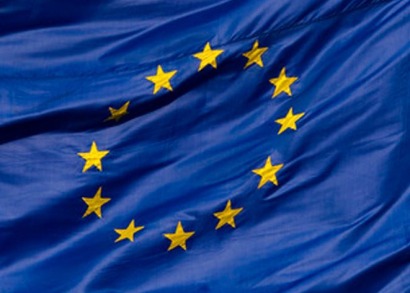
Their proposals include:
1 The EU must systematically direct its energy policy towards achieving an energy future entirely founded on renewable energy sources. To achieve this it is necessary to decide at the political level on binding minimum targets for renewable energy development and make the relevant framework EU law.
2 The EU’s energy laws, which up until now, have been focused on the EU internal energy market are ripe for a complete overhaul and must be further developed into a new ”Framework for the move to decentralized energy in the EU energy market”. Market regulations must accommodate the needs of the decentralized supply of renewable energy. They must be designed making sure EU states take the necessary action to support the EU countries to continue on their path into transforming the energy system throughout the EU.
3 A European Agency for Renewable Energy (EARE) must be set up assisted by national and regional agencies for renewable energy. These agencies are positioned the same. They share the responsibility to develop networks, exchange best practice and to coordinate definite development scenarios for all European regions based on the potential each region has.
4 Funding, support and preferences of nuclear and fusion energy, plans for CCS or other fossil-fueled power plant or mining technologies must end without further delay. These budgeted funds have to be re-allocated to support renewable energy research, development and market entry.
5 EU-wide plans for nuclear and coal technology exit must be established. Funding from the EU-Structural Funds shall be made available in support of the move to renewable energy systems.
6 Instead of focusing on electricity superhighways trans-European infrastructure projects for decentralized energy production should be developed. The promotion of new infrastructure projects such as highways and railroads is tied to the increase in power plants running on wind, sun and biomass. Cross-border and cross-sector projects like these promote the expansion of renewable energy use, create a European awareness, have the regions remain responsible for centralized decisions – according to the subsidiarity principle – while taking the burden from the transmission lines through their regional and decentralized approach.
7 From EURATOM to EURENEW: The preference of nuclear energy in the EU that is still institutionally established by the EUROATOM authority is a relic of the 1950s. Therefore, now, there should be a reform of the EU policy to change this by setting a EURENEW contract (European Contract for Renewable Energies) against the EURATOM contract.
8 The EU must end its practice of exporting obsolete fossil and nuclear technologies.
For additional information:

